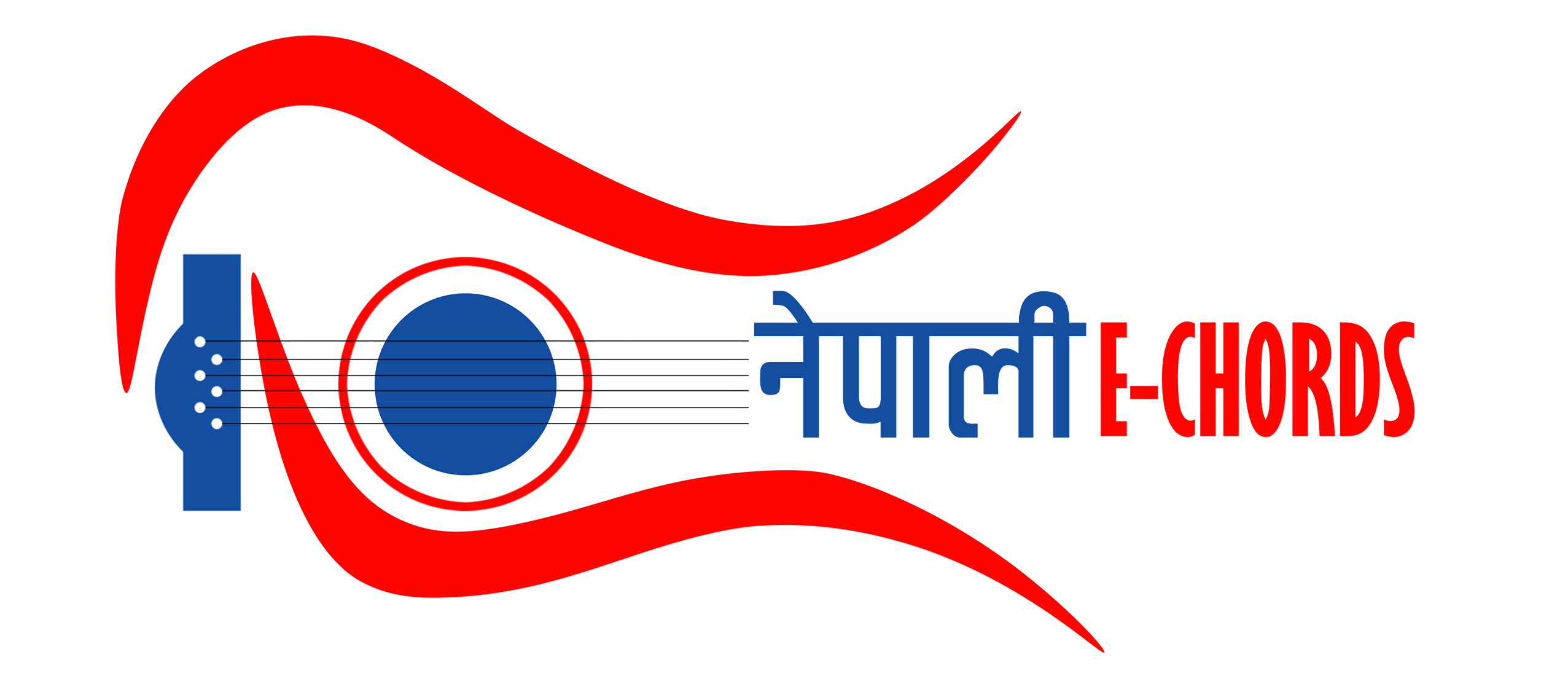Cholesterol, a ceraceous substance located in the blood, is crucial ottomax per udito for various physical functions, including cell membrane layer formation and hormonal agent production. Nonetheless, raised levels of cholesterol can bring about a series of health and wellness concerns, consisting of heart problem and stroke. In this post, we will certainly explore the principal factors that contribute to high cholesterol levels, clarifying the various causes and offering understandings right into just how you can handle and stop this condition.
Genetics and Familial Hypercholesterolemia
While it holds true that certain way of life options can impact cholesterol levels, genetics likewise play a considerable duty in establishing an individual’s cholesterol profile. Familial Hypercholesterolemia (FH) is an acquired congenital disease that causes exceptionally high levels of cholesterol. Individuals with FH have a damaged gene that impairs the liver’s ability to get rid of low-density lipoprotein (LDL) cholesterol from the blood, causing elevated degrees of LDL, generally described as “negative cholesterol.” If you have a family members history of high cholesterol or heart disease, it is crucial to be familiar with this genetic predisposition.
Along with FH, other genetic versions can additionally influence cholesterol degrees. These variations may impact the method the body processes and manages cholesterol, contributing to elevated degrees in some people.
To identify if genetics is a factor in your cholesterol levels, speak with a medical care expert that can perform appropriate examinations and give assistance on management methods.
Poor Diet Plan and Way Of Living Choices
The modern Western diet plan, which is usually high in saturated and trans fats, heavily contributes to raised cholesterol levels. These undesirable fats are generally located in processed foods, fried foods, full-fat milk products, and fatty cuts of meat. Consuming extreme quantities of these fats can increase LDL cholesterol degrees and reduced high-density lipoprotein (HDL) cholesterol levels, which is often described as “great cholesterol.”
In contrast, a diet regimen rich in fruits, vegetables, whole grains, lean healthy proteins, and healthy and balanced fats, such as those cbdus located in fish, avocados, and nuts, can assist maintain healthy and balanced cholesterol degrees. Including soluble fiber in your diet can also aid in lowering LDL cholesterol by decreasing its absorption right into the bloodstream.
Furthermore, less active way of lives and absence of exercise add to elevated cholesterol levels. Routine workout helps increase HDL cholesterol levels while minimizing LDL cholesterol and total triglyceride degrees. Engaging in at least 150 mins of moderate-intensity cardiovascular task or 75 minutes of vigorous-intensity cardiovascular task weekly can have a positive effect on your cholesterol account.
- Avoid taking in extreme saturated and trans fats.
- Include fruits, vegetables, entire grains, lean proteins, and healthy and balanced fats into your diet.
- Add soluble fiber-rich foods to assist lower LDL cholesterol.
- Stay physically energetic and go for routine workout.
Weight Problems and Excess Body Weight
Obesity and excess body weight are substantial contributors to high cholesterol degrees. When you bring excess weight, especially around the belly, it enhances the production of LDL cholesterol while decreasing HDL cholesterol degrees. This discrepancy can result in the buildup of cholesterol in the blood vessels, increasing the threat of cardiovascular diseases.
Resolving weight problems and preserving a healthy weight is crucial for taking care of cholesterol degrees. Integrating a healthy diet plan with normal workout can help accomplish and keep a healthy and balanced weight, resulting in enhanced cholesterol profiles and total cardio wellness.
- Accomplish and preserve a healthy weight.
- Engage in regular workout to support weight administration.
Smoking and Alcohol Intake
Both smoking cigarettes and extreme alcohol usage have been connected to greater cholesterol degrees and an increased threat of heart problem. Cigarette smoking problems blood vessels, advertising the accumulation of cholesterol plaque and tightening the arteries, while alcohol can elevate triglyceride levels, a kind of fat that adds to high cholesterol.
Giving up smoking and regulating alcohol consumption can dramatically boost cholesterol profiles and overall cardio health.
- Avoid cigarette smoking and seek support to give up if needed.
- Restriction alcohol usage to modest degrees.
Verdict
While genetics play a substantial function in figuring out cholesterol degrees, lifestyle options and various other aspects also add to raised cholesterol. By making aware decisions regarding diet plan, workout, weight administration, and staying clear of dangerous routines, you can take positive actions to take care of and protect against high cholesterol degrees. Regular surveillance of cholesterol degrees and seeking advice from health care experts will make sure that you get on the best track towards preserving a healthy cholesterol account and minimizing the danger of heart diseases.
Remember, handling cholesterol is a long-lasting commitment, and small modifications can make a significant difference in your total health and health. Take charge of your cholesterol degrees today!




